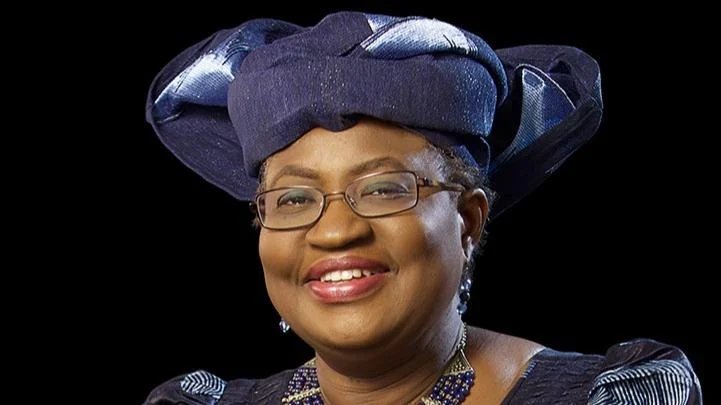The World Trade Organization (WTO) and the World Bank launched the "Trade in Services for Development Initiative" at a Public Forum on September 11, 2024. The event featured prominent figures including WTO Director-General Ngozi Okonjo-Iweala, Indermit Gill, Chief Economist and Vice President of the World Bank, WTO Deputy Director-General Johanna Hill, Professor Richard Baldwin from the International Institute for Management Development in Lausanne, Switzerland, and Sumanta Chaudhuri from the Confederation of Indian Industry.
This initiative builds on recommendations from the joint publication "Trade in Services for Development," released by the WTO and the World Bank in 2023.
“Developing economies' growth and employment generation prospects lie in services,” DG Okonjo-Iweala stated. “Services will be at the centre of future economic growth and trade. The Trade in Services for Development Initiative we are launching here will seek to help developing countries power growth and development by seizing more of the opportunities that services trade offers. On Aid for Trade, the WTO and the World Bank can make a difference.”
The United Kingdom's WTO Ambassador Simon Manley announced support for the initiative: “The UK is pleased to announce that we are directly supporting the Trade in Services for Development Initiative, committing up to USD 1 million this year to ensure that developing countries can take full advantage of the burgeoning opportunities of fast-growing services trade.”
DDG Hill outlined an upcoming Competitiveness Diagnostic Checklist designed to assist developing economies in assessing their competitiveness in services trade. This checklist aims to define national services trade policy objectives and prioritize technical assistance needs. Developing economies will receive technical support to improve data collection and use of services trade statistics as well as assistance on identifying core services trade measures.
The work programme under this initiative includes ongoing joint efforts such as expanding the Services Trade Policy Database to more developing economies and assisting these countries with implementing the Reference Paper on Services Domestic Regulation through a handbook.
“While services trade carries great potential and opportunities, harnessing services trade can be challenging, especially for developing countries,” said DDG Hill. “Through the initiative's work programme, we will work together to address needs and interests of developing countries,” she added.
Dr. Gill emphasized: “In terms of development, there is a better recipe than an all-or-nothing bet on manufacturing. Trade in services is a big and growing part of that recipe. Services trade is currently changing the world and it is time for a rethink.”
Professor Baldwin commented: “The opportunities for trade and development have changed. Services exports-led growth is booming and we need to adapt to this new reality. This is why I like the proposed work programme.”
Mr Chaudhuri noted: “The growth of cross-border supply of services is providing important opportunities for developing countries. Services need more discussion, attention, and focus domestically and in international fora.”
DG Okonjo-Iweala also announced plans for a biennial global conference hosted by the World Bank and WTO. These conferences aim to bring together international organizations, government representatives, academia, private sector stakeholders, and civil society members to share knowledge on advances in the services sector.
Announcing discussions about creating a Trade in Services for Development Platform, DG Okonjo-Iweala said: “This online global umbrella platform will promote information sharing, greater coherence, and improved institutional coordination in scaling up services-related activities.”

